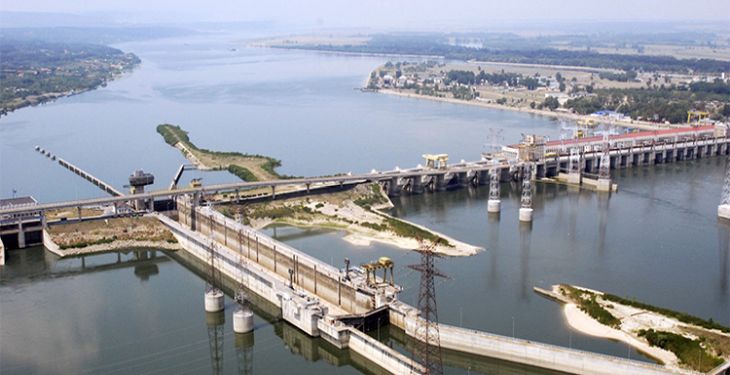The independent grievance body of the European Bank for Reconstruction and Development (EBRD) has started investigating a EUR 200 million ‘restructuring loan’ granted in 2015 to Elektroprivreda Srbije (EPS), the largest energy company in Serbia, following a complaint by CEE Bankwatch Network and Serbian environmental group CEKOR.
According to the NGOs’ complaint, “although the investment is on corporate level (…) the project has caused harm (…) due to freeing up resources to allow the company to implement its long-term capital expenditure programme which includes lignite mine expansion and the construction of several coal plants.”
Back in 2015, the EBRD granted this loan to EPS after massive rainfall flooded EPS coal mines and damaged the company’s infrastructure the previous year. Nominally, the EBRD loan was meant to help the company get over the floods, but an EBRD board document said the money was meant to ensure the company can implement its long-term capital expenditure programme – and that means more coal, according to europeanwesternbalkans.com.
The 2015 loan is one in a series of several loans the EBRD has given to EPS since 2001, despite the company clearly pursuing a strategy to expand coal-based electricity production and numerous allegations of corruption and legal violations tarring its reputation.
According to the 2016 Energy Strategy of Serbia, in addition to prolonging the life of existing coal plants, EPS is planning several new lignite power plants: Kostolac B3, Nikola Tesla B3, Kolubara B and Stavalj. While it is unlikely that all of these will go ahead, EPS clearly prioritises Kostolac B3 in the implementation programme for the energy strategy and has not publicly announced any cancellations of the other plants.
